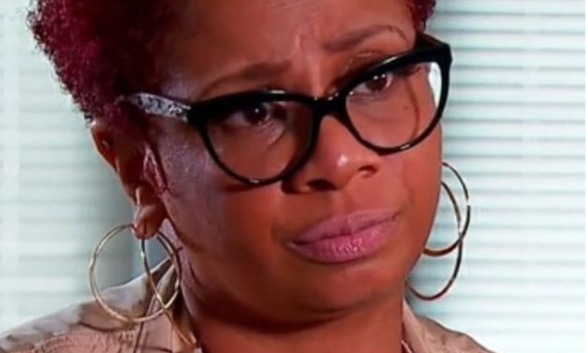Carlette Duffy felt both vindicated and excited. Both relieved and angry.
For months, she suspected she had been low-balled on two home appraisals because she’s Black. She decided to put that suspicion to the test and asked a white family friend to stand in for her during an appraisal.
Her home’s value suddenly shot up. A lot.
During the early months of the coronavirus pandemic last year, the first two appraisers who visited her home in the historic Flanner House Homes neighborhood, just west of downtown, valued it at $125,000 and $110,000, respectively.
But that third appraisal went differently.
To get that one, Duffy, who is African American, communicated with the appraiser strictly via email, stripped her home of all signs of her racial and cultural identity and had the white husband of a friend stand in for her during the appraiser’s visit.
The home’s new value: $259,000.
“I had to go through all of that just to say that I was right and that this is what’s happening,” she said. “This is real.”
Now she wants justice. Along with the Fair Housing Center of Central Indiana, Duffy has filed fair housing complaints against the mortgage lenders and appraisers she accuses of undervaluing her home because of her race.
Housing experts and historians say residential real estate has been historically marred by discrimination. Across the nation, homes owned by Black Americans are significantly undervalued next to homes in comparable white neighborhoods, according to a study by Brookings.
Andre Perry, a senior fellow for the Brookings Metropolitan Policy Program who studies housing discrimination, said anecdotal evidence of housing discrimination can be found around the country.
“It’s almost when people see Black neighborhoods, they see twice as much crime than there actually is. They see worse education than there actually is,” Perry said. “I think this is what’s happening when appraisers, lenders, real estate agents see Blackness. They devalue the asset. They devalue the property.”










Discussion about this post